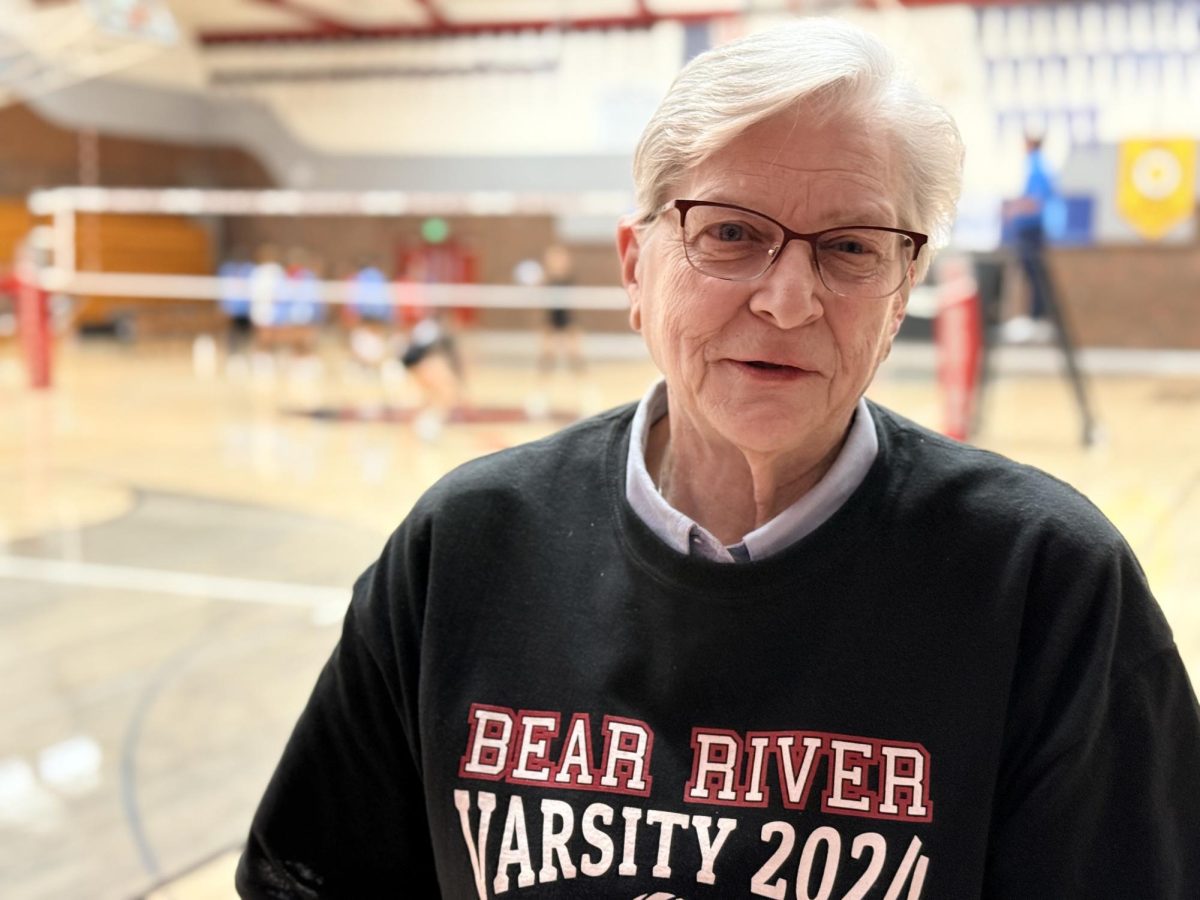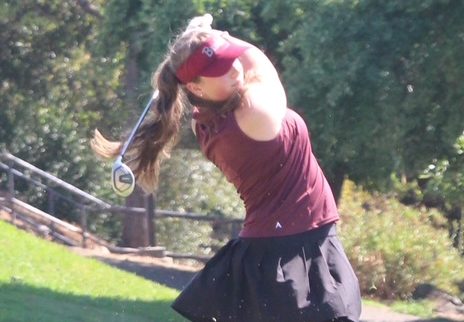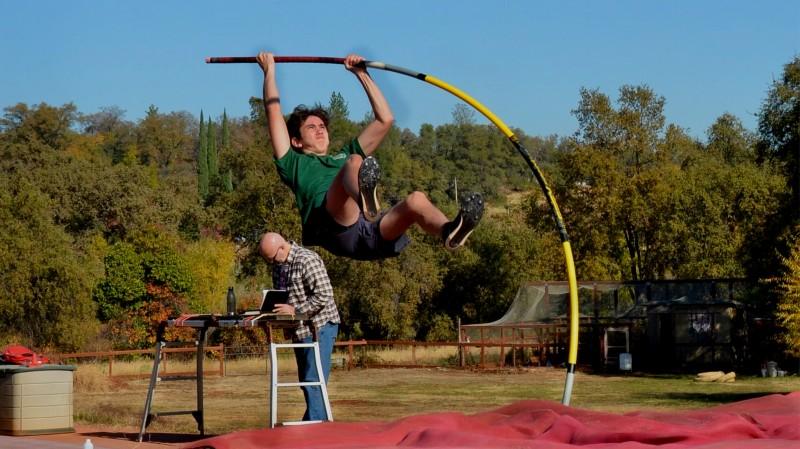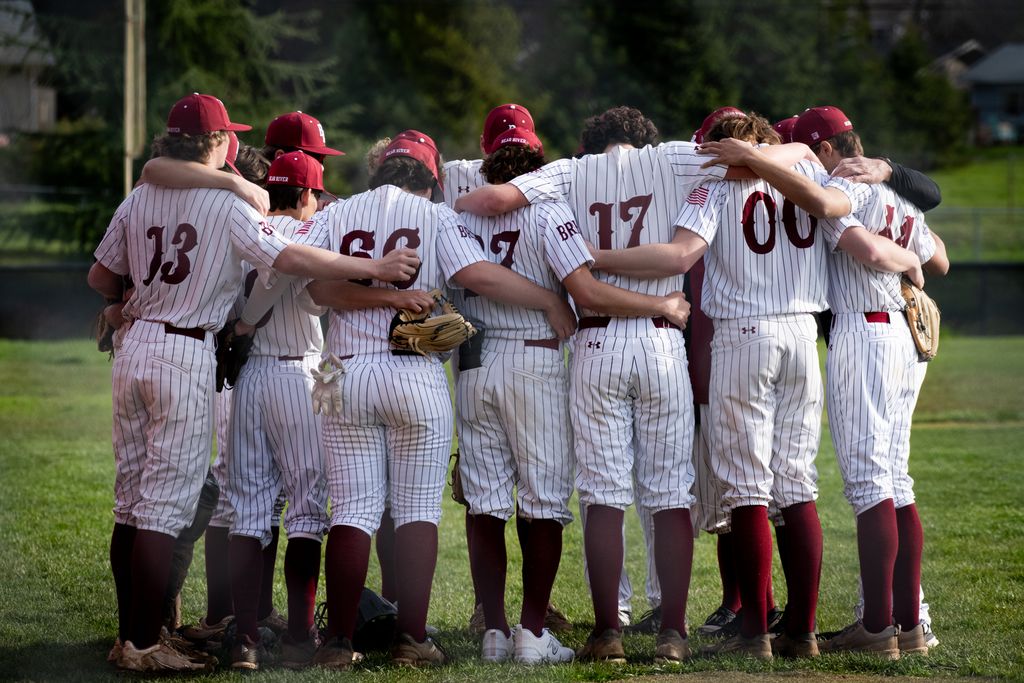In the 2020-2021 school year things are very different from the past; students are trying to play sports in this odd year and keep that 2.0 grade average to stay eligible for their sports.
The Bear River Athletic Director Scott Savoie elaborates on what the 2.0 Grade requirement is and why it’s needed.
”The 2.0 GPA is not a Bear River or NJUHSD thing, it’s a CIF Bylaw. We are talking about all schools that participate in CIF sanctioned sports must have a 2.0 GPA to participate. It’s not even a CA thing- all states have minimum GPA requirements to participate in sports,” said Savoie. “I do believe that we must have an academic standard because anyone that participates in high school sports is a ‘student athlete’. Notice that the word ‘student’ comes before the word ‘athlete’! This is not little league, rec league, or AAU, it’s education based athletics. Our teams are tied to the school and we want to develop more than just good athletes.”
Savoie also comments on how the grade requirement connects to and motivates a student.
“I also believe that if a student really wants to play a sport, they will find a way to meet the academic requirements. It’s something everyone can do in my opinion if they really want it. Sometimes kids come up short and have to miss part of a season and usually that turns them around and they get focused,” Savoie explained. “Most students will only play high school sports but some aspire to play collegiate sports. If you think high school academic requirements are tough, take a look at NCAA standards! It’s our job to get our athletes that move on to play in college ready, and to be honest, a 2.0 doesn’t get the job done for college sports.”
Sophomore Joseph Knox expressed his thoughts on the 2.0 grade requirement.
“I think it is necessary because school should come before sports in my opinion and if you can’t keep your grades up you shouldn’t be playing sports,” said Knox.
Senior Defensive End Warren Davis built on Knox’s comment, agreeing that this grade requirement was needed.
”Honestly, before this year I never understood how people struggle to keep a 3.0 but with the struggles of this year the 2.0 requirement makes sense to me just because it is making it seem a little easier for me,” Davis said.
Davis also takes notice to the effects of the grade requirement.
“If there wasn’t the requirement there would be a lot more people finishing seasons that they started because… at least 3 people get kicked off of teams for grades [every year],” said Davis.
Knox added to this statement, including his thoughts on the grade check, which is what determines whether or not a student can participate in their sport.
“What I do think they should change is right now if you don’t pass the grade check you can’t play sports until the next grade check, which can be months away,” said Knox. “I think they should make it so whenever you get your grades back up then you can return to playing sports.”
Sophomore Elijah Funk agrees with the majority that the grade requirement is necessary and should be acknowledged as privilege for doing well in classes.
“If a student’s GPA is under 2.0 and they are involved in sports, then the sports are taking up time that the student could use to study or focus on completing quality assignments,” Funk elaborated. “The student’s access to school sports should be considered a privilege, and achieving a 2.0 GPA or higher is fairly easy for most students.”
This 2.0 grade requirement is a very effective way to make sure that students care about and value their grades. It has also been shown that if a student athlete doesn’t meet the 2.0 requirement they tend to focus in on meeting that requirement to participate in the sport.
Savoie added a final thought on his pride toward his student athletes.
“As a coach, I see my athletes do some amazing things over their four year high school career, but nothing makes me as proud as watching them walk across that stage at graduation.”
— Maya Bussinger contributed to this report.



































